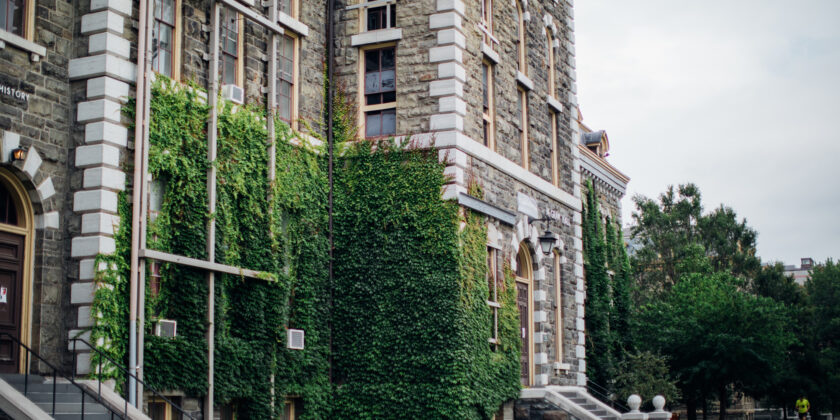We predict big waitlists again this year.
Are you on one? Reach out for individualized advice, and keep reading below!
For an example letter, please subscribe to our blog (link below) and email us
Getting admitted from the waitlist is not easy. However, it is possible with a viable strategy and some persistence. Although we do not suggest being overly optimistic, here are some of the strategies that have worked.
First, get familiar with the WL data from past years. How many students are offered spots on the WL? How many accept their spot, and more importantly, how many does school X ultimately admit? Some of these numbers are dismal, but it is best to know what you are up against. Look at the Common Data Set first (http://www.commondataset.org/). A few other sites to review:
Before implementing waitlist strategies (below), it is important to deposit at a current top choice school (a school where you have been admitted) and get excited about the prospect of attending. Take advantage of admitted student days and other events that connect you with potential future classmates, including joining “Class of 2026” social media groups. These forums are often very informative, fun, and can help you take your mind off the waitlist waiting game.
Once you have accepted a spot on the WL, deposited elsewhere, and familiarized yourself with the waitlist data, consider the strategies below. Not all of them are novel, but without much to lose, why not do all you can so you can look back without any what-ifs?
- Write a waitlist letter. This letter should contain information updating the school on what you’ve been up to both inside and outside of the classroom since the time you applied—but most importantly—it needs to fill in any GAPS from your original application and highlight a few specific value-adds you will bring to X campus. This is where individualized feedback can be critical.
- Consider including:
- Academic Updates: Spend some time talking about coursework and school projects, and make connections to future courses of study. You can even drop in related courses you’d like to take at school X, like those you’d include in a Why School essay, but only do this if you did not submit an essay of this type when you applied, otherwise you are being redundant and that is not well-received.
- Extracurricular Updates. But only if significant and can be connected to how you will add value to the school where you are deferred. This includes school and non-school clubs, service commitments, and/or other leadership experiences you can highlight. Like the academic paragraph(s), making connections to similar opportunities you plan to undertake in college can be helpful additions. For example, if you talk about a new project you spearheaded as VP of your school’s Interact Club, you may want to include that you hope to lead a similar project within a specific club or group at school X. Being very specific is important.
- The additional ways you have connected with and continued to get to know school X since you applied. This could include setting up an informational interview with a local alum, a current student, reaching out to your local regional alumni group (more on this below), or continuing to connect with your regional rep via email.
- Make sure you read and follow any specific WL directions that are shared with you. You might be asked to send updates to a specific WL manager, or upload them on your applicant portal. If you previously connected with your rep (you should have at the beginning of the process), reach back out and ask them if they have any advice for you as a waitlisted candidate. Keep this line of communication open; do not send updates every week, but stay in touch to continue to demonstrate interest.
- Ask your guidance counselor to call the admissions office and advocate for you, as well as provide any additional information they may have that will support your candidacy. Ask them to back up what they say on the phone in an email if they have time. Make sure they send updated grades/transcripts promptly. Your grades should have remained the same or gotten better, not dipped.
- Obtain and have an extra letter of recommendation sent, but only if the school welcomes extra LORs. A teacher, coach, or someone else close to you who can speak to your potential contributions to the university could draft this letter. Some schools explicitly state on their WL docs they do not welcome or want extra LORs; if that is the case, don’t send. *Side note on alumni letters and letters from well-known and or famous people. Many students ask if these are helpful to send, and the answer is no unless the person knows well you or they are a very high-level donor with solid connections to admissions (even then, why count on someone else?). If you think that a big name vouching for you will help, it generally doesn’t as a stand-alone factor, and officers can see through these often brief and less than meaningful notes.
- Worth saying again: Make sure you follow any directions they provide!
Additional strategies…
- Check if school X has a local alumni group (Google search) and if so, reach out to them and ask if there is anyone willing to meet with you via Zoom for an informal informational interview. Use this meeting as an opportunity to learn more about the school, as those learnings might be good fodder for a WL update.
- Use social media to your advantage. Don’t be afraid to follow your WL school on TikTok, Instagram, or other social channels to connect. Don’t forget to open all email correspondence from the school, as schools track opens/clicks as interest.
You don’t need to…
- Show up on campus or engage in other over-the-top moves that you think will make an impact. They won’t. Please understand that this type of behavior is not appreciated or welcomed.
More questions about the WL? Email us!
*Stay in the know! Subscribe*








